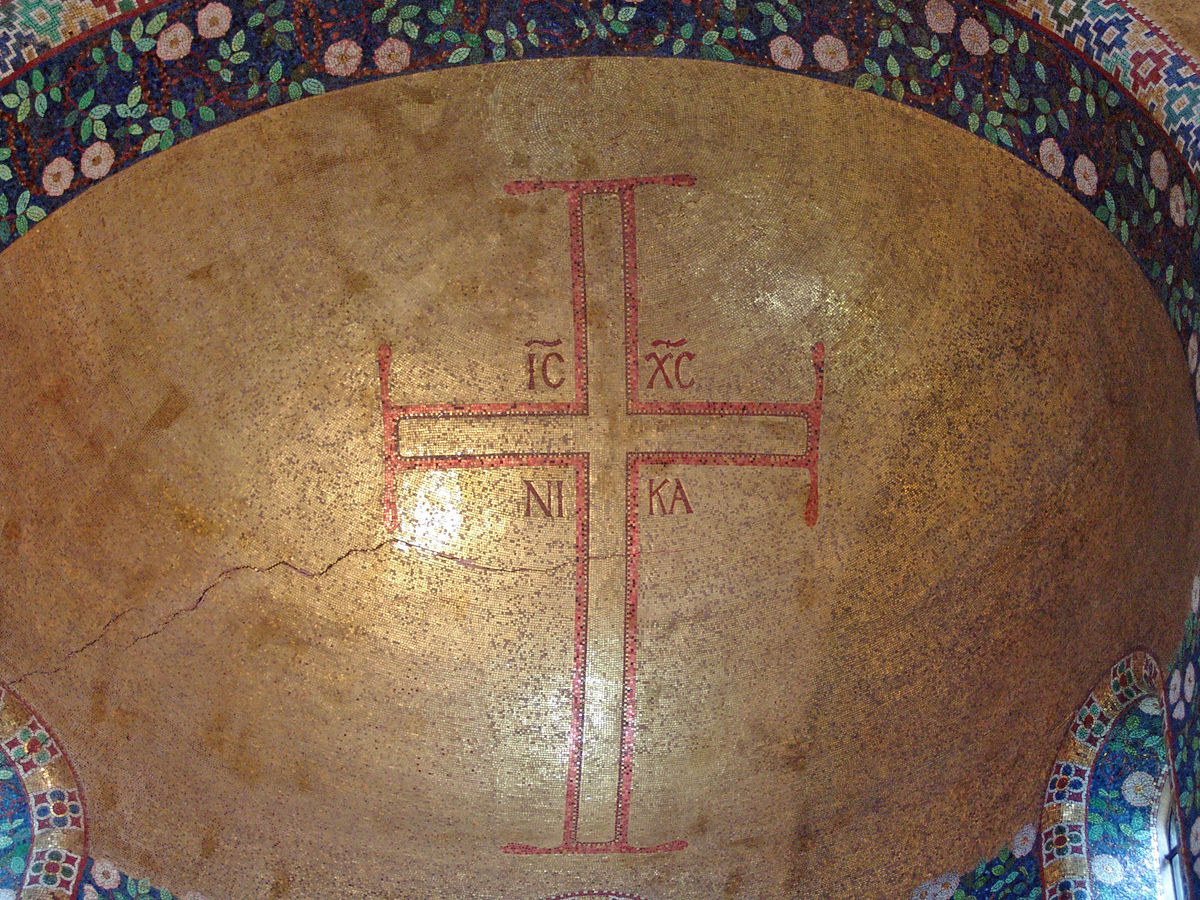The Feast of the Holy Cross is one of my favorite to celebrate each year. In the Office of Readings, we encounter St. Paul's glorious praise of the Cross:
As for me, the only thing I can boast about is the cross of our Lord Jesus Christ, through whom the world is crucified to me, and I to the world. It does not matter if a person is circumcised or not; what matters is for him to become an altogether new creation. Peace and mercy to all who follow this rule, who form the Israel of God. (Gal 6:14–16)
These words have particular meaning in the context of debates about Catholic higher education in the United States.
Most Catholic institutions of higher learning have taken up the word "excellence" and run with it. We are to be "excellent" in undergraduate education. We are to be "excellent" in research. We are to be "excellent" in commitment to social renewal. We are to be excellent in all things that we can be excellent in. And in some of the them, we should be the most excellent.
The danger of the word "excellence" is that it has no meaning. It is a free-floating signifier, fundamentally allowing the University to shape and re-shape the term depending upon its usefulness. We are excellent . . . in whatever way that you need us to be excellent.
This word "excellence" reveals a desire among these Catholic institutions to be recognized as powerful in social life. Surely, Catholic universities ought to contribute to discourse in science, in art, engineering, business, philosophy, and theology. But, it is not the case that what a Catholic institution should recognize as a sign of "excellence" is also necessarily a sign of excellence within secular institutions. Moreover, it may also be the case that what is recognized as "excellent" in such secular institutions is really just the latest fad masking as the highest level of intellectual thought.
Excellence, in other words, is meaningless without some signifier.
Catholic universities have such a signifier: the Cross. It was Michael Buckley, S.J. in his The Catholic University as Promise and Project: Reflections in a Jesuit Idiom who made precisely this suggestion: the center of Catholic education is not some abstract slogan but the person of Jesus Christ, fully human and divine:
If one would understand the unique character of the Catholic university, it must be explicitly in terms of Christ, Christ reaching out to all things to unite them in his disclosure of God—to Horace and Plotinus and Homer and Juvenal. (Buckley, 19)
In this sense, perhaps what Catholic higher education needs is a reminder that the excellence that we seek is found only in the Cross. The powers and principalities of this age do not present this kind of excellence. The ideologies of the academy cannot become our Scriptures. It is the divine love revealed in the crucifix that is the heart of our mission to the world.
For this reason, the excellence of our education is found in conforming oneself to the Cross of Christ. This does not exclude non-Catholics, who join us in our common inquiry. But it does present a vision of higher education in the world that does not seek power and prestige, fame and fortune, recognition at all costs.
It is instead the kind of excellence that boasts only in the Cross of Christ, the God-man, who has offered to humanity a vision of human flourishing radically different than the one offered by the powers of this age.
Every Catholic University should be excellent.
But our excellence is to be found first and foremost in the self-emptying, salvific, divine love of the Cross.
That's something worth fighting for.
